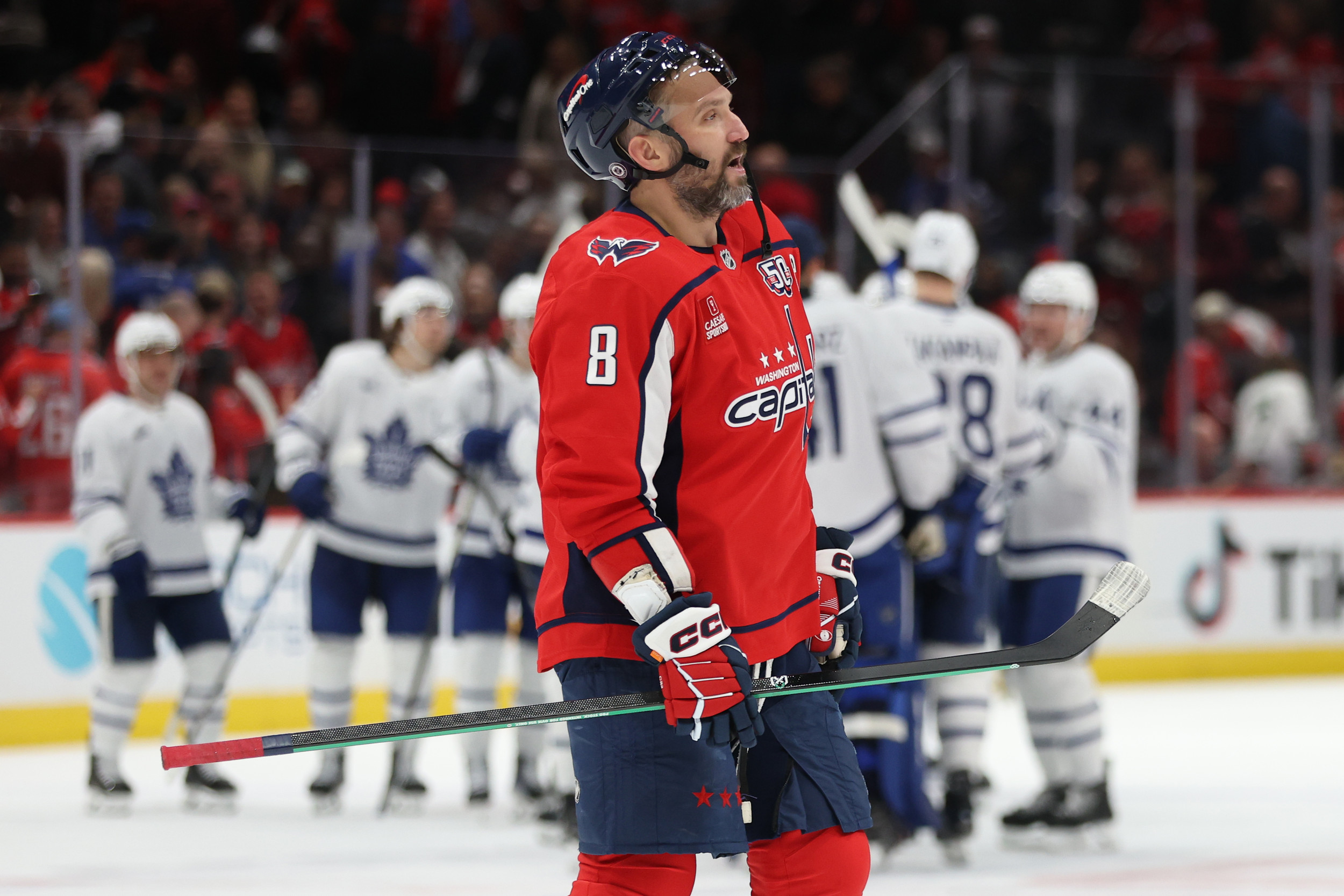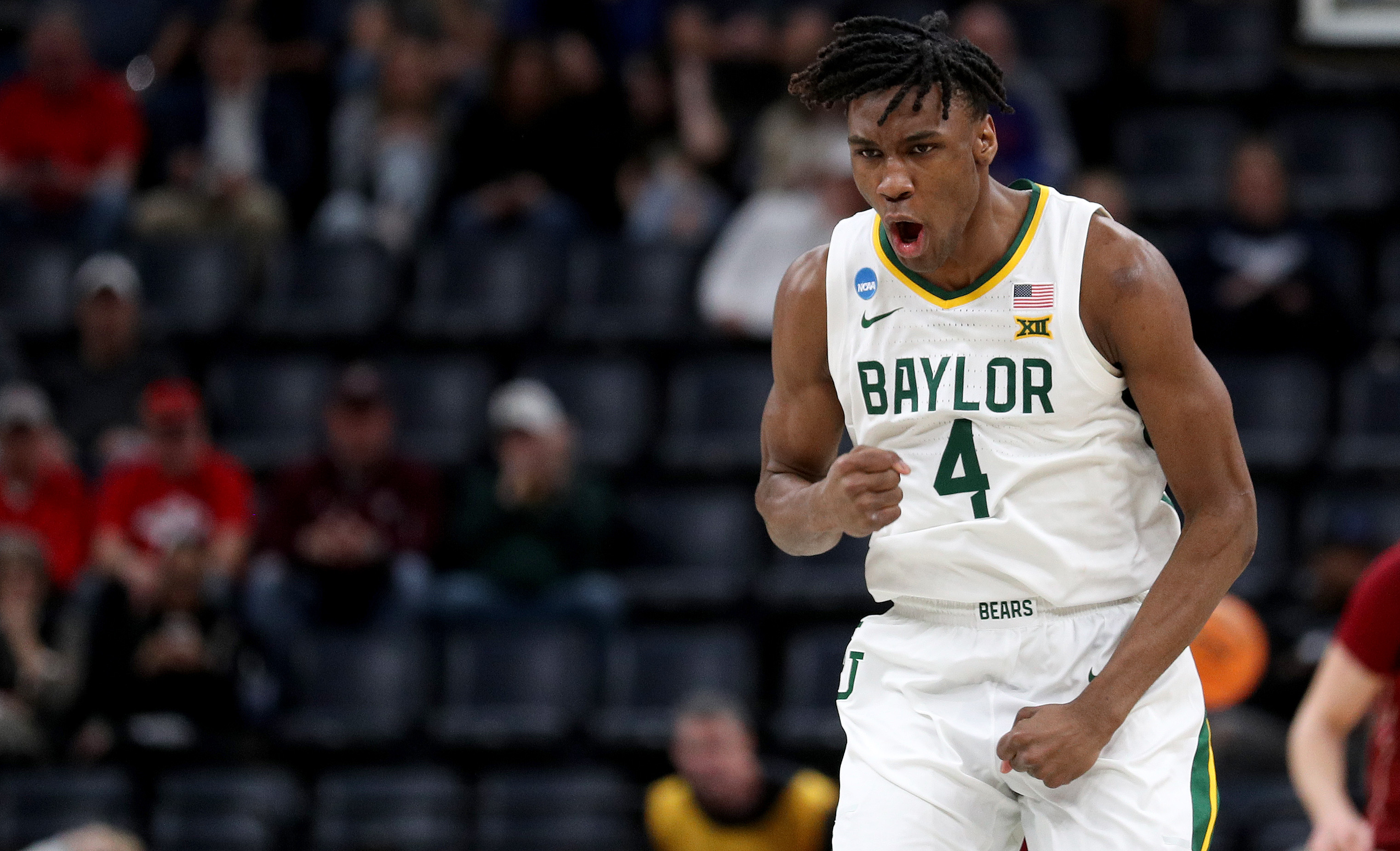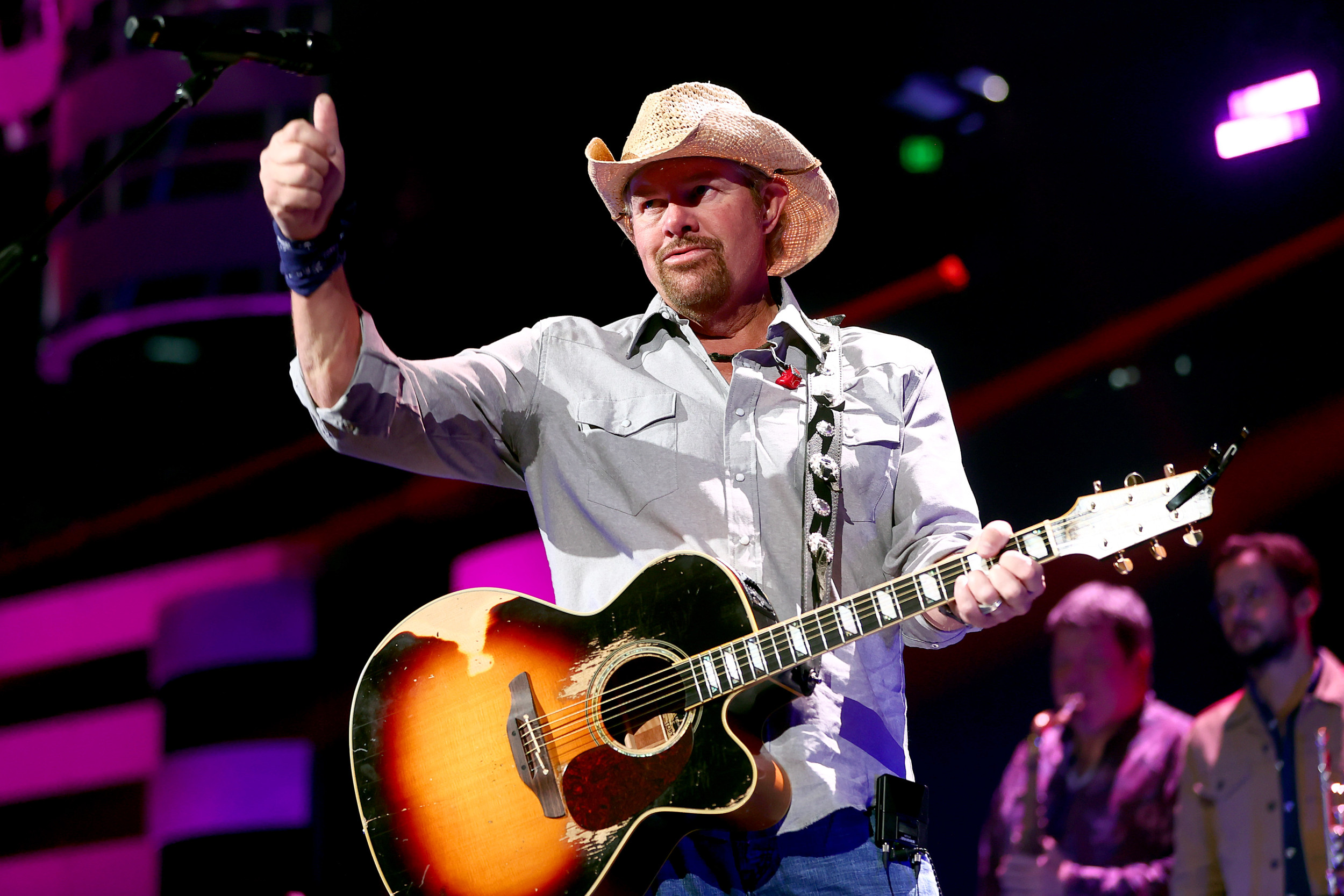The Las Vegas Grand Prix returns this weekend with adjustments aimed at reducing the spectacle in the name of a better Formula One fan experience.
Previous structural issues and over-indulgences very nearly ruined the race for some enthusiasts.
Last year's polarizing debut was the most lucrative event in the history of Las Vegas, netting $1.5 billion—even more than the Super Bowl two months on.
But the inaugural race made headlines across the globe when organizers faced a soured mood from their victor, Red Bull's Max Verstappen, who said he felt like a "clown" onstage at an event that was "99 percent show, and 1 percent sporting event."
"I get it," the Dutchman said at the time. "I don't want to be negative, but I get it. I mean, I understand why we are here, business-wise and racing-related wise."
Despite the hiccups, the event was hailed as one of the most competitive races of the season. Attendees spent 3.6 times more than the average visitor, generating $884 million in economic affect, and the race generated $77 million in tax revenue for the city.

More Affordable Ticketing Options Introduced
This year, organizers aim to build on its success while addressing community concerns.
The changes reflect lessons learned from the previous race. Businesses had complained about disruptions caused by construction, but organizers say communication has improved.
"The tone has changed dramatically," said Renee Wilm, CEO of the Las Vegas Grand Prix. She credited new communications director Lori Nelson-Kraft with fostering stronger relationships across the city.
The 2023 race was marked by opulence and mishaps. Drivers were introduced via elaborate stage performances.
A big concern was the price of entry—spectators want to experience the event, but not at the prices charged in year one.
The opening ceremony has been replaced by a private dinner for drivers, and new fan zones with bleacher seating and affordable single-day tickets—starting at $99—have been introduced.
A maintenance hole cover damaged Carlos Sainz's car during practice last year.
Infrastructure has reportedly been upgraded, with maintenance hole covers now secured to prevent further disruptions.

Luxury Still Synonymous With Las Vegas
The Grand Prix has pledged $2 million in cash and event tickets for nonprofit organizations and community contributors, including teachers and Make-A-Wish patients.
New programs such as "Graduates on the Grid" offer University of Nevada, Las Vegas engineering students behind the scenes access to Formula 1 teams. Community watch parties and family events have also been added to foster goodwill.
The team responsible for putting the Grand Prix together wanted to "really give back to the community that has helped us significantly to be more welcomed this year," Wilm said.
However, the changes might not be enough to satiate all cynics—while efforts have been made to attract a broader audience—luxury remains a cornerstone of the event.
The Paddock Club Rooftop has been transformed into a high-end destination, featuring pop-up bars, a sushi restaurant, and even an ice-skating rink. Guests with access to the rooftop can enjoy 360-degree circuit views.

Who Will Win the Las Vegas Grand Prix?
On the racing front, Red Bull's Verstappen leads the standings with a 62 point advantage over McLaren's Lando Norris and could secure his fourth consecutive title in Las Vegas.
Wilm noted that the possibility of crowning a champion has boosted ticket sales.
Norris, however, must outscore Verstappen by at least three points to keep his title hopes alive.
The race begins Nov. 23 at 10 p.m. local time, keeping with the city's penchant for late-night events.
Adjusted practice schedules ensure fans can enjoy other attractions without sacrificing rest—a marked change from last year's midnight sessions.
This article includes reporting from The Associated Press














)





 English (US) ·
English (US) ·